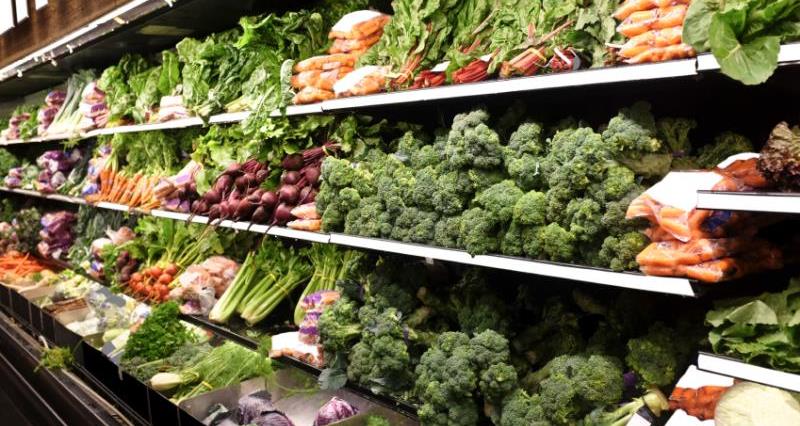The NFU welcomes the results of the GCA's (Groceries Code Adjudicator’s) annual survey.
The survey gathers information from suppliers regarding the main issues they have been faced with and whether they are being treated fairly and lawfully by the retailers.
Overall, the results showed a reduction in suppliers experiencing breaches of the GSCOP (Groceries Supply Code of Practice), as the percentage score fell by 3% for a second year, from 33% to 30%.
While it reveals continued improvement in treatment of suppliers, there’s still more to be done, especially for farmers and growers who continue to face challenges in the grocery supply chain.
Key findings
Other key findings included:
- Retailers’ average code compliance rating also rose, from 91% to 93%.
- Reports of invoice discrepancies dropped from 21% to 17%.
- Payment delays fell from 14% to 11%.
These findings reflect the growing influence of the GCA and the benefit of continued supplier engagement.
The NFU supports the GCA’s efforts to promote fairer treatment and welcomes the ongoing collaboration between retailers, suppliers, and the regulator.
"I’m pleased that average code compliance has continued to improve across the sector.”
Groceries Code Adjudicator Mark White
Persistent gaps for farmers and growers
Despite the positive trend, challenges remain for farmers and growers supplying into the groceries supply chain.
Many primary producers operate at the start of complex supply chains and are often one step removed from the retailers themselves.
ASCA (Agricultural Supply Chain Adjudicator) is beginning to address some of these gaps, with dairy contracts moving towards compliance, and other sectors expected to follow.
In our recent Efra submission, we recommended that ASCA and the GCA strengthen their collaboration to improve oversight and support across the supply chain. However, farmers and growers can still find it difficult to access the protections available under GSCOP, and challenges continue to be raised such as:
- delaying tender negotiations
- not agreeing prices until after harvest
- unilaterally changing specification requirements with little notice
- retrospective changes to the supply agreement
- payment delays
- short notice price changes and
- retrospective deductions.
Performance among retailers also remains inconsistent. Amazon, for example, continues to be rated as the worst performer, with only 66% of its suppliers stating that it complies with the Code, a significant gap compared to the 93% average. Conversely, Waitrose had the highest perceived Code compliance at 98%.
NFU calls for strengthened protection
The NFU continues to advocate for a fairer, more transparent supply chain and is calling for a number of key changes:
- Extend the eligibility and turnover requirements of the GSCOP to include more retailers, as well as food service and food manufacturing businesses, and intermediaries.
- Legally incorporate the GCA’s seven ‘golden rules’ into GSCOP to address unfair trading practice around cost price negotiations.
- Ornamentals supplied to the UK grocery supermarkets should be included within the GSCOP and enforced by the GCA.
Holding suppliers accountable
Groceries Code Adjudicator Mark White said he was "pleased that average code compliance has continued to improve across the sector and it’s particularly encouraging that the lowest five performing retailers have improved perceptions of their overall compliance with the Groceries Code".
He said that he will be speaking to each retailer about suppliers' views and expects them to review their individual results and make changes in response to the issues raised by suppliers.
Mr White went on to reassure suppliers: "When I raise issues with retailers, I do so in a way that protects suppliers’ confidentiality and does not reveal which suppliers I’ve spoken to or even what products they supply."
Next steps
The GCA will conduct deep-dive interviews in September to explore the issues highlighted in the annual survey. These interviews will provide valuable insights into suppliers' experiences of working with retailers and help the GCA better understand ongoing challenges in the supply chain.
While the GCA’s annual survey highlights genuine progress, it also reinforces the need for stronger protections for primary producers. The NFU’s FBU (Food Business Unit) will continue to engage with the GCA and encourage members to confidentially share their experience with the FBU or the GCA directly.



